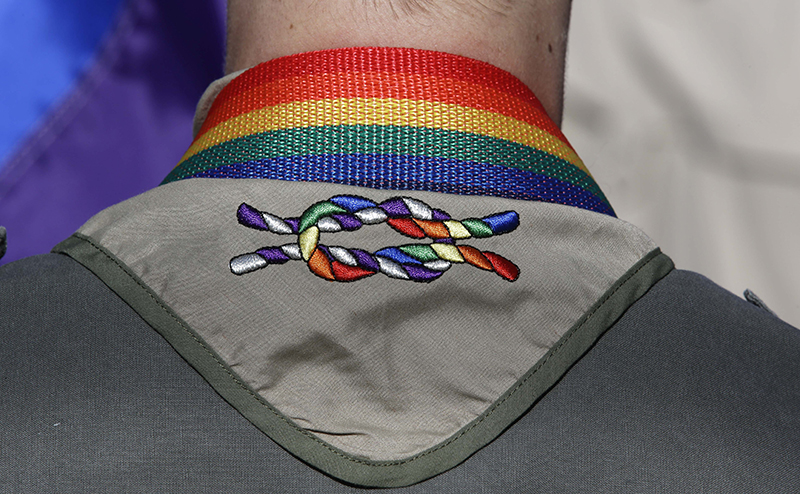Despite the social convention that seems to require people to preface saying “I told you so” by announcing that they hate doing it, it is in fact one of the great pleasures of life. Where debates over public policy are concerned, it is a twofer: a way to have fun while making a powerful argument for your cause.
One failure of political reporting is that it fails to hold participants in debates accountable for things they have said in the past that have subsequently proved to have been wholly inaccurate. This practice is particularly troubling in those cases where the issue has been trying to providing legal protection for groups that have been treated unequally in our society.
In my 40 years as a legislator, I worked hard to enact laws prohibiting unequal legal treatment based on race, ethnicity, age, gender, sexual orientation, gender identity, religion and disability. While in some of these cases opponents of such legislation have been explicit in enunciating their dislike of the group in question, by now most people understand that voicing such sentiments is strategically unwise, and they argue instead that the consequences of such action, albeit well intended, will be socially disruptive. “We have nothing against those people,” the argument generally goes. “But singling them out for some special protection in the law will have very negative consequences on the rest of society.”
I have heard variants of that same argument in every one of the cases I mentioned above, and they have never been accurate predictions of the consequences of our ongoing effort to make sure that every segment of our society enjoys the legal rights promised in the Constitution’s Declaration of Independence.
In the year and a half since the voters approved same-sex marriage in Maine, the predictions of people opposed to legal equality for lesbian, gay, bisexual and transgender people have been thoroughly disproved by experience. (It now turns out that some of their supporters were out of compliance with Maine’s campaign finance laws as well as with reality.)
It has been more than 10 years since same-sex marriage was first approved in Massachusetts, and neither there nor in any of the other jurisdictions in which we have been legally allowed to marry the people we love has there been even the slightest disruption in the lives of the heterosexual majority. Similarly, in the 31/2 years since Congress repealed the prohibition on lesbian, gay and bisexual people serving their country proudly in the military, there has not been the slightest diminution in the cohesion, disciple or effectiveness of our armed forces – again wholly contrary to the warnings of those who opposed this.
No members of the clergy have been in any way pressured to perform same-sex marriages when their religion opposes this practice. I am aware of no teachers whose jobs have been jeopardized because of their opinion on this subject. There has been no wave of people seeking to leave the military because of their horror at having to share living quarters with a lesbian or gay man, nor has recruitment into the military suffered any drop whatsoever. And I am confident that when Jim and I married in 2012, no otherwise happy heterosexual marriage suffered any damage.
I have not done a complete survey on all these counts, but I am confident that the well-organized groups that exist to fight equal legal treatment would have publicized such instances if there were any. What I found to be true in Massachusetts within a year of same-sex marriage becoming a reality in the state has been true in every other state where marriage between people of the same-sex has been legalized, and in every branch of the U.S. armed services is the case: Once the original controversy over the policy died down, many members in majority forgot that the change had been made.
Two years after Massachusetts pioneered with legal same-sex marriages, one of my congressional colleagues from Massachusetts, himself a very strong supporter of our rights, noted with mild embarrassment that when his wife had told him that someone they knew was getting married, his response was surprise because he thought that the man was gay. When his wife responded that there friend was in fact gay, and that it was now legal for him to marry in Massachusetts, my colleague realized that this social change, which some had predicted would cause such upheaval, had gone by so smoothly it had simply slipped his mind.
The relevance of the absolute falsity of all of these predictions of social harm is that these same arguments continue to be made.
Barney Frank is a retired congressman and the author of landmark legislation. He divides his time between Maine and Massachusetts.
Twitter: @BarneyFrank
– Special to the Telegram
Send questions/comments to the editors.



Comments are no longer available on this story